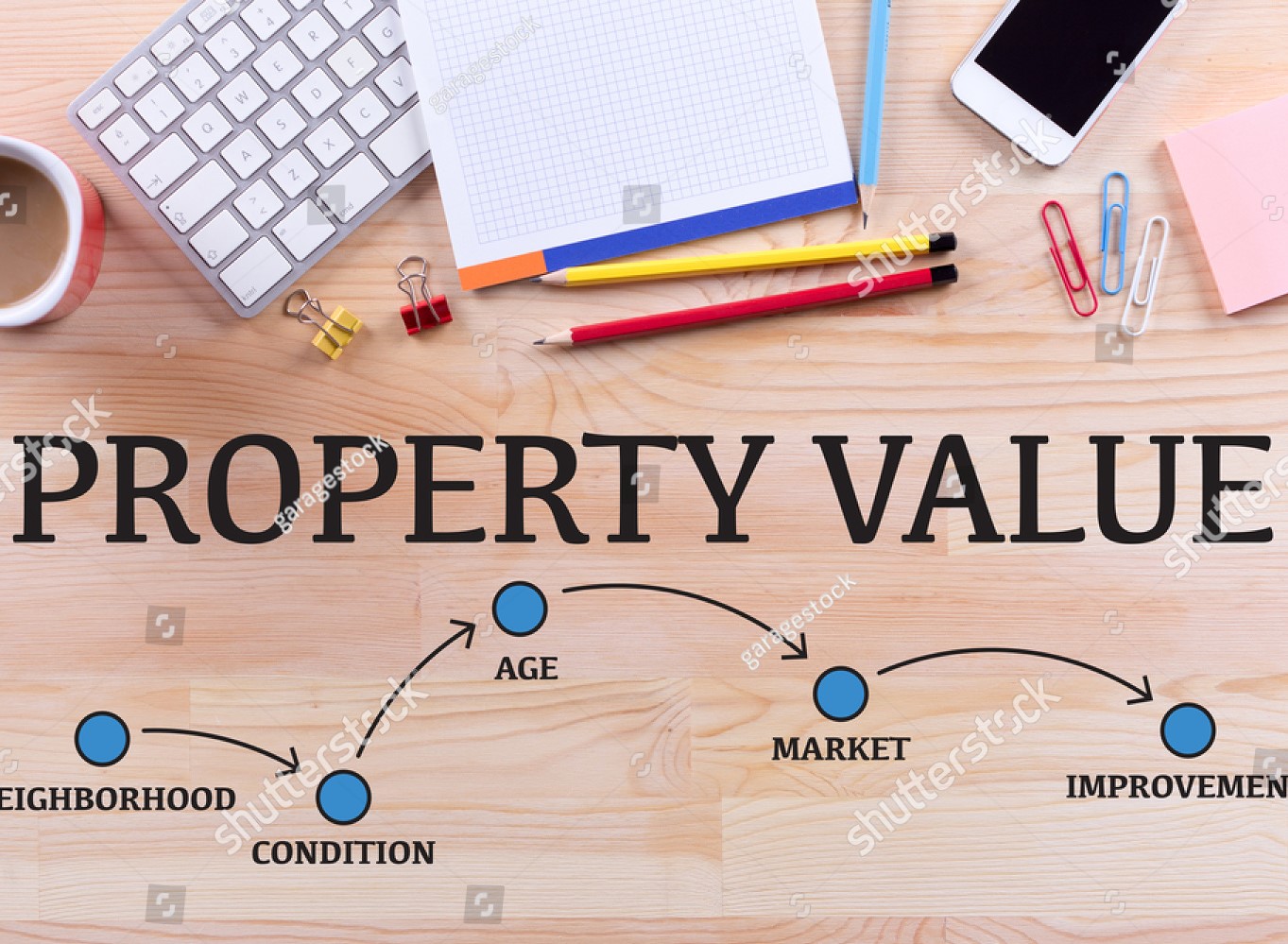Not All Values Are Created Equal
The term “value” can mean different things with regard to real estate. Most home owners are familiar with their assessed value which is the basis for your property taxes. Although the assessed value sometimes corresponds with its market value, often it does not. You might hear the term appraised value. This value is determined by a state licensed or certified real estate appraiser, and is the value banks use to determine whether or not a property is loan-worthy. You will hear this term if the buyer of your home is using a lender (bank) to get their purchase money. Another type of value you might hear referenced is a Zestimate. This is a number that the internet site, Zillow, uses as an estimate of value for properties on their website. Although it is becoming referenced more and more often by consumers, this figure is not to be relied on in any way. Finally, Replacement Value represents the amount of money your insurance company will reimburse you for if something catastrophic happens to your home.
When it comes to selling your home, a REALTOR®’S market value is the most important number to rely on for marketing purposes. A reputable agent uses a similar process that a licensed appraiser uses in determining value, and develops a report called a Comparative Market Analysis (CMA). Like an appraisal, the CMA compares recent sales and current listings of homes that are similar to yours in terms of size, location, lot size, bedroom/bathroom count, and amenities. These recent sales and listings are referred to as comparables, or “comps” for short.
The most reliable comps will come from the Multiple Listing Service (MLS) which is a member organization of real estate brokers that allows agents to see one another’s home listings. Most Realtor®s are members of MLS and receive daily information about new properties coming on the market, as well as updates on prior listings and closed sales. MLS gives a Realtor® a clear understanding of a comparable property, and is the most reliable source for comps used to determine an effective list price for your home.
The CMA report may look complicated with a lot of numbers, graphs and charts, but much of it is “boiler plate,” or information about the agent’s company and/or general market trends. Although most sellers want to skip right to the recommended market value, it’s worthwhile to review the comps and any discussion about neighborhood trends to have a better understanding of where your property fits in the overall market. In general, are prices going up? Are they flat? Declining?
It’s not unusual for a homeowner to disagree with their Realtor®’s suggested list price. Long term homeowners tend to have a strong emotional attachment to their homes where they’ve likely raised children and shared family gatherings. Unfortunately, most buyers are focused on seeing how their family will work in your home. If you’ve used your best judgement in selecting your Realtor®, you can have confidence in their suggested list price.
Ultimately, the pricing of your home will determine if and when it will sell. It can’t be stressed enough that pricing is more of an art than a science. Real estate is not a product, but rather, a commodity. Products have fixed prices, but the price of commodities fluctuates with supply and demand. The list price of your home should reflect the prevailing market conditions in your area, as well as unique neighborhood characteristics.
Finally, your Realtor® will recommend a specific pricing strategy. Pricing your home at the high end of the suggested market value range, may leave it sitting on the market for a longer period of time. The lower end of the range may generate more buyer-interest and create demand, resulting in multiple offers to choose from.
Once you and your Realtor have determined an effective list price, you’ll want to get your home ready to market. This is where the hands-on work of selling a home takes place, but you don’t need to do it alone. More about that in the next section.
The contents of this article are intended to convey general information only and not to provide legal advice or opinions. Contact an attorney for specific legal advice.

 Facebook
Facebook
 X
X
 Pinterest
Pinterest
 Copy Link
Copy Link
